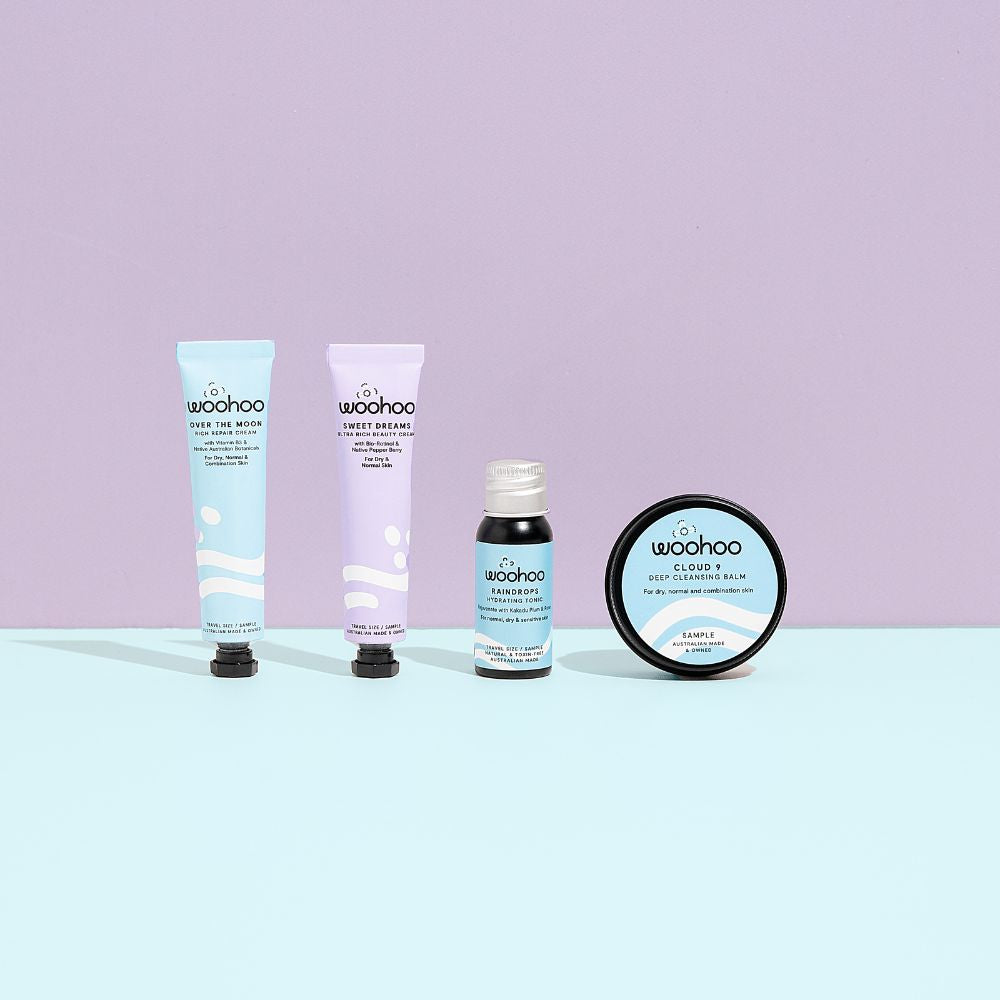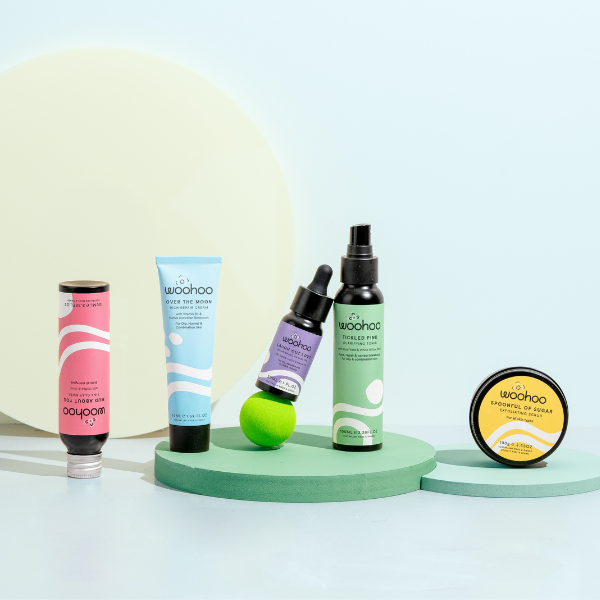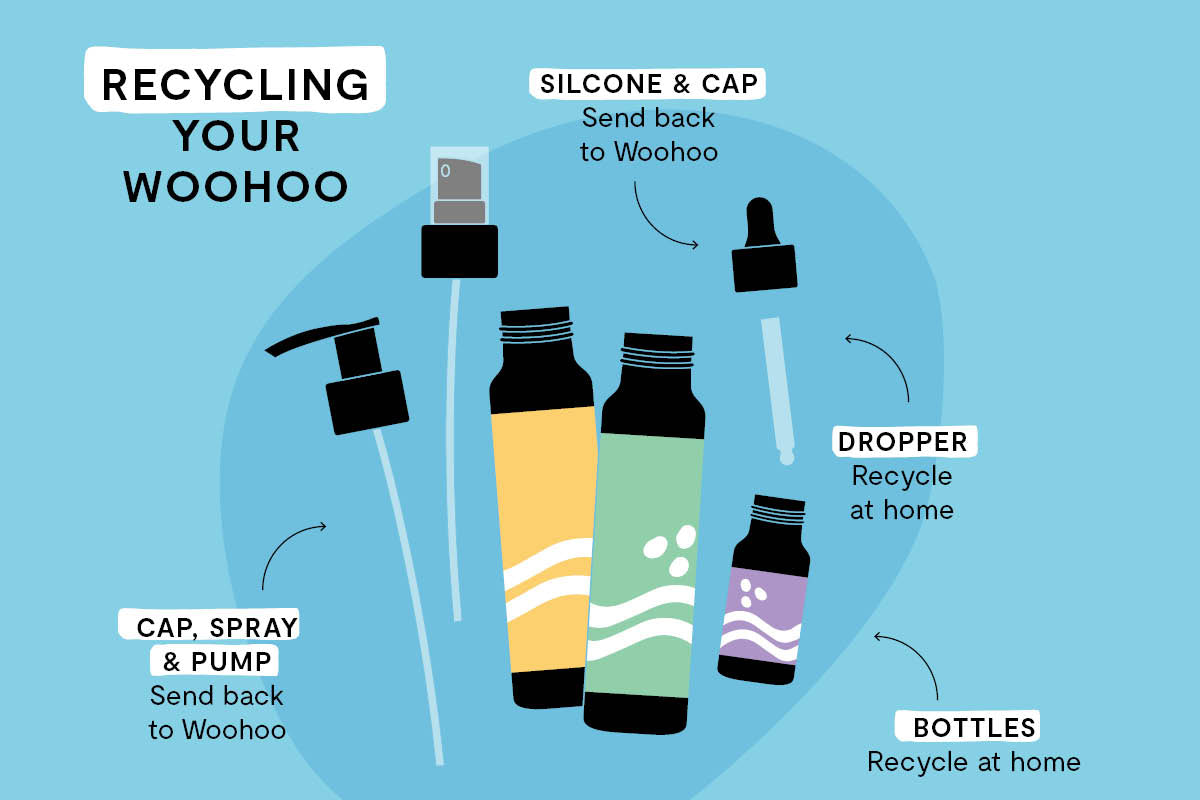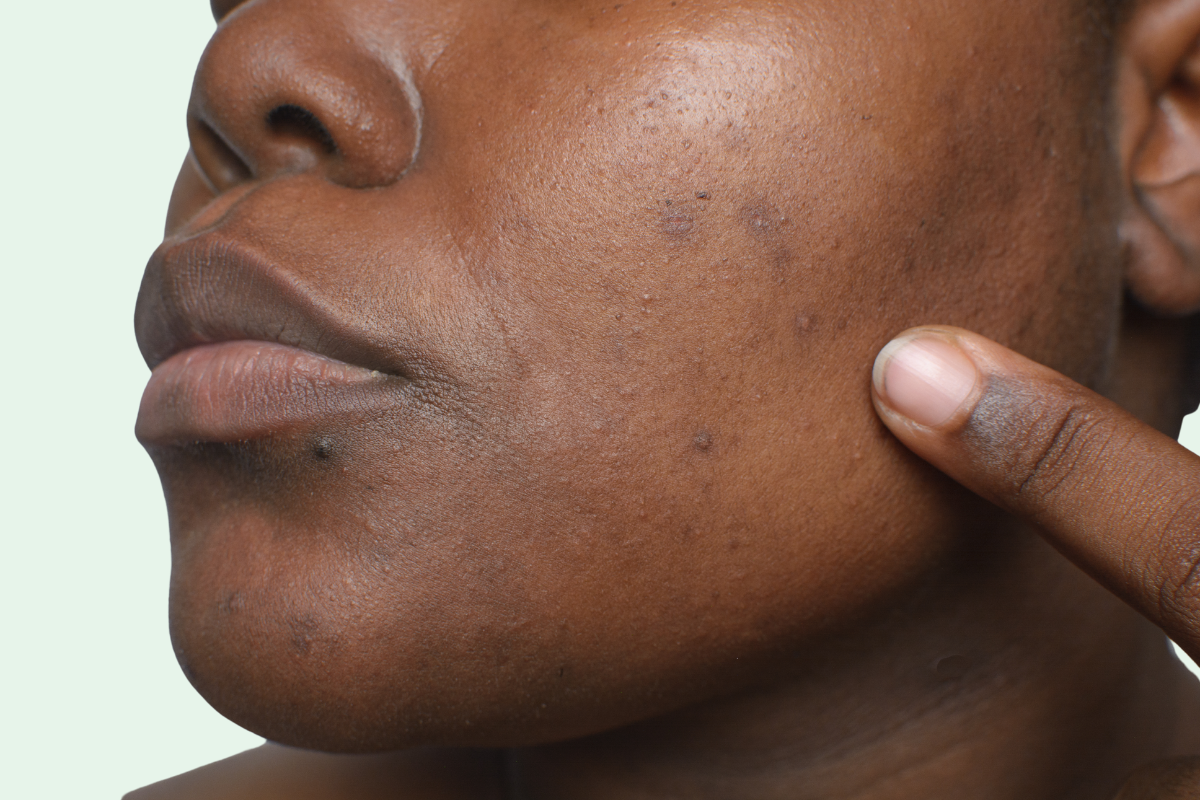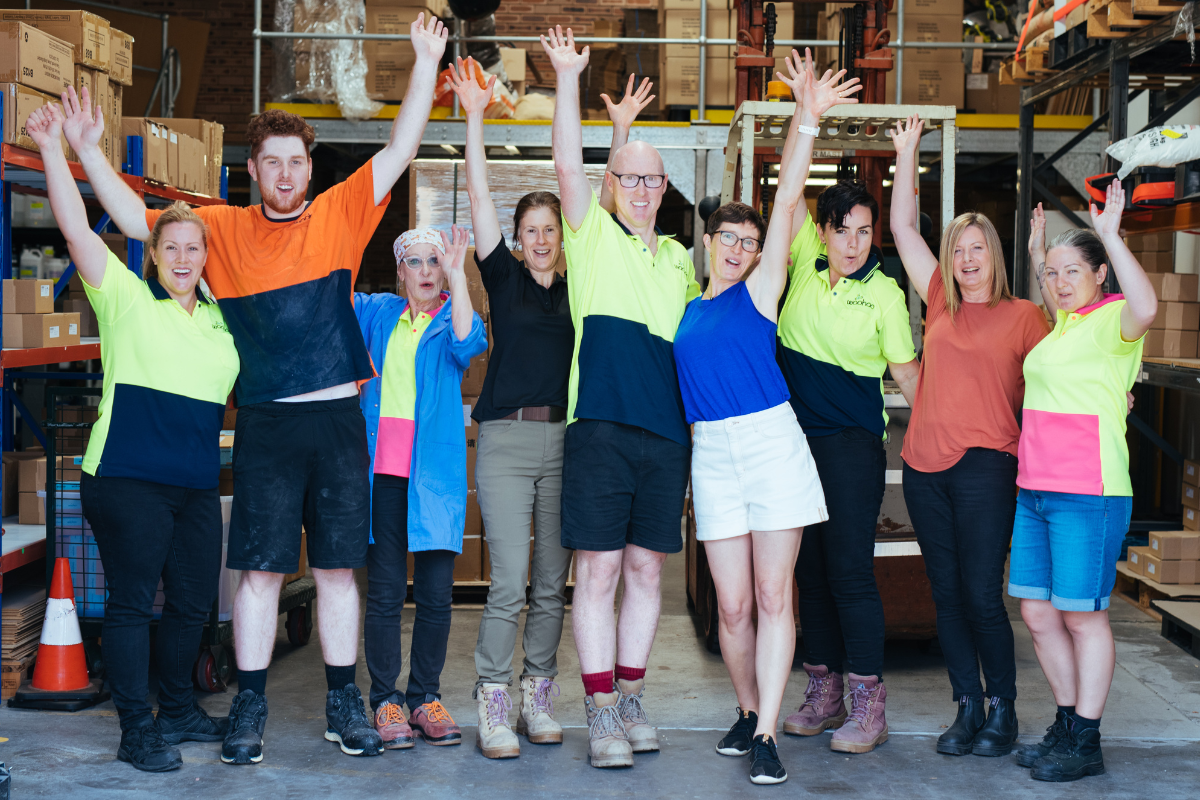
Last week we saw a big, emotional email from a brand that we’ve been admiring from afar - Seed & Spout - about a topic that we all love to debate - palm oil.
Here at Woohoo Body we think Seed & Spout are an impressive bunch because of their work to reduce single use plastics, and they’ve done some great things. So our hearts went out to them when they had to announce that some of their products (which they believed to be palm free) actually contained palm after all.
As fellow ethical brand owners, we can see how this would be so devastating, with the worst bit being the feeling that you’ve misled your amazing, loyal, eco-loving customers. And we have to applaud them with how they handled the whole situation, but it also made us want to chat to you about the whole palm oil kerfuffle.
You see, we’re pretty sure that Seed & Spout aren’t alone. We’ve been quietly watching so many brands over the last 10 years making wonderful claims about their palm free products, thinking to ourselves that their claims surely weren’t 100% truthful.
We’ve always been upfront and honest with our happy community about palm oil. Because creating a range that’s all natural, 100% vegan, and 100% palm oil free is near impossible. We know this because we’ve tried! In our range we do have a few palm-free products, but some products *may* have a small amount of palm oil because it’s so difficult to avoid.
We try and use palm oil free ingredients but when it can’t be avoided (which is becoming rarer) we do everything in our power to ensure it has come from a certified sustainable source.
The biggest challenge in formulating without palm oil is when we create any products that contain oil and water (like creams), because these products need something called an ‘emulsifier’ to make the oil and water molecules bond together. Otherwise your cream will split. Soapy and foamy products are in the same bucket, along with other types of ‘functional’ ingredients. So many of these functional ingredients can be made from palm oil, and not many people (even brand owners) realise this.
This means that even if palm oil isn’t on the ingredients list, it could still be in your product. Sometimes an ingredient may even say that it’s coconut-derived - giving you the impression that it’s not palm-derived - but a tiny bit of palm oil was used somewhere in the process of making this ingredient which means it’s no longer palm free.
In a lot of cases an ingredient can *sometimes* be palm free. What the!? This is because ingredient manufacturers will source their oil from different places depending on availability. One month they might source their oil as palm oil from a non-Amazonian palm plantation, and the next month they might be getting cottonseed oil from America, and then coconut oil… you get the picture!
The big problem seems to be that most brands don’t actually know what goes into their products to the same level that we do. The reason for this is that most brands don’t actually make their own products - they use a contract manufacturer to whip up a concoction for them. They may ask their contract manufacturer to make something that’s palm oil free, they put blind trust in their manufacturer, and don’t ever ask for any proof or documentation to verify that their product lives up to their claims. These brands aren’t trying to mislead people - it’s an honest mistake, possibly because they’ve been misled too, either by the contract manufacturers, or even by the salespeople who sell ingredients to the contract manufacturer.
This blog post isn’t here to point fingers. What we’re hoping to do is to encourage you not to believe all the marketing claims being made by “green” brands, claiming to be palm free. Please ask them to back up their claims with documentation. Otherwise what they’re doing is “green-washing” and that just isn’t right.
There is SO MUCH to the palm oil debate, and it’s something we’re really passionate about. Especially exploring the idea that avoiding fast-growing, high-yield palm oil altogether may not be the solution, because the alternatives aren’t all that fantastic either. Cottonseed oil brings with it GMO concerns (GMO = Genetically Modified Organism); coconut oil is relatively low-yielding (more land is required to produce the same amount of oil) and involves diverting food sources to the cosmetics industry instead of being used as food; and crude oil/petroleum-derived oils need to be mined. So each of these alternatives has its own environmental impact. We’ll have to save that for another blog post though :)
It’s promising to know that globally we’re becoming more and more environmentally aware, and it’s exciting to see that the cosmetics industry is (slowly) making more advanced eco-friendly and palm-free ingredients available to us skincare creators. As these ingredients become available we’re testing them and incorporating them into our Woohoo Body formulations. so you’ll be seeing more and more products from us (and other brands) that are 100% palm free as time goes on. Hurrah!
